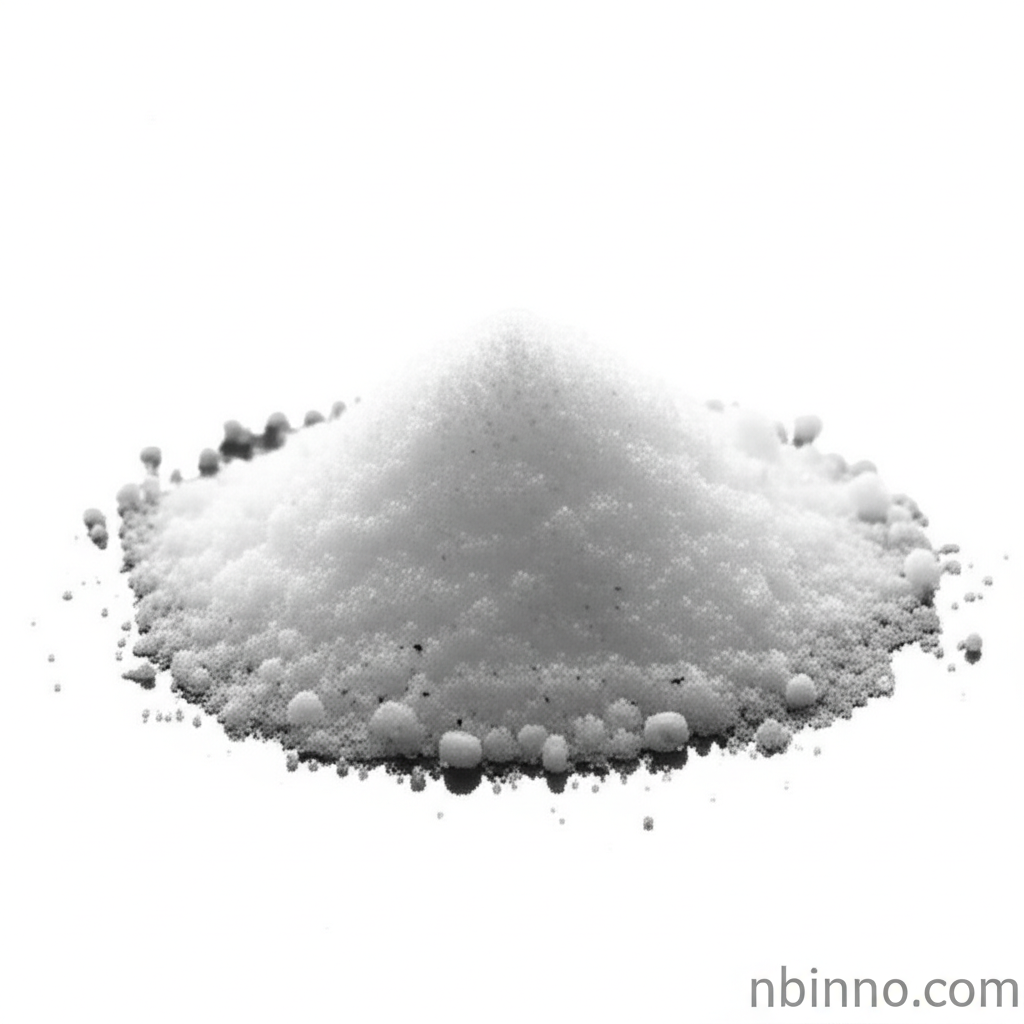Advancing Peptide Synthesis: Super Silyl Tags for Enhanced Solubility and Reactivity in LPPS
Revolutionize your peptide synthesis with cutting-edge super silyl tags, boosting solubility and reaction efficiency.
Get a Quote & SampleProduct Core Value

(Trimethylsilyl)methanamine hydrochloride
This compound serves as a key building block in the development of advanced super silyl-based hydrophobic tags, crucial for enhancing solubility and reactivity in liquid-phase peptide synthesis (LPPS). Its unique structure contributes to the effectiveness of these tags in overcoming common challenges in peptide chain elongation.
- Explore the benefits of super silyl tags for peptide synthesis, improving overall reaction efficiency.
- Discover how these hydrophobic tags for LPPS can significantly increase the solubility of peptide intermediates in organic solvents.
- Learn about the N-terminal super silyl carbamate tags and their role in facilitating N to C peptide elongation.
- Understand the application of acid-resistant propargyl super silyl tags in Boc chemistry for peptide synthesis.
Advantages Offered
Enhanced Solubility
The introduction of super silyl groups, as seen in our super silyl-based hydrophobic tags, drastically improves the solubility of peptides in various organic solvents, a critical factor for successful LPPS.
Increased Reactivity
These advanced tags positively impact the reactivity of peptide substrates, leading to higher yields and greater efficiency in peptide bond formation, which is essential for complex peptide synthesis.
Versatile Stability
Our N-terminal super silyl carbamate tags and C-terminal ester tags exhibit excellent stability under common deprotection conditions like Fmoc and Boc chemistry, providing flexibility in synthetic strategies.
Key Applications
Peptide Synthesis
Utilize these novel tags to overcome solubility and reactivity challenges in both linear and convergent liquid-phase peptide synthesis, advancing your research in this field.
Organic Synthesis
The unique chemical properties of super silyl compounds make them valuable tools for broader applications in organic synthesis, enabling novel reaction pathways.
Chemical Research
Investigate the potential of super silyl-based hydrophobic tags in various chemical research endeavors, particularly in developing new protecting groups and synthesis methodologies.
Pharmaceutical R&D
Incorporate these advanced chemical intermediates into pharmaceutical research and development for the efficient synthesis of complex peptide-based therapeutics and drug candidates.
